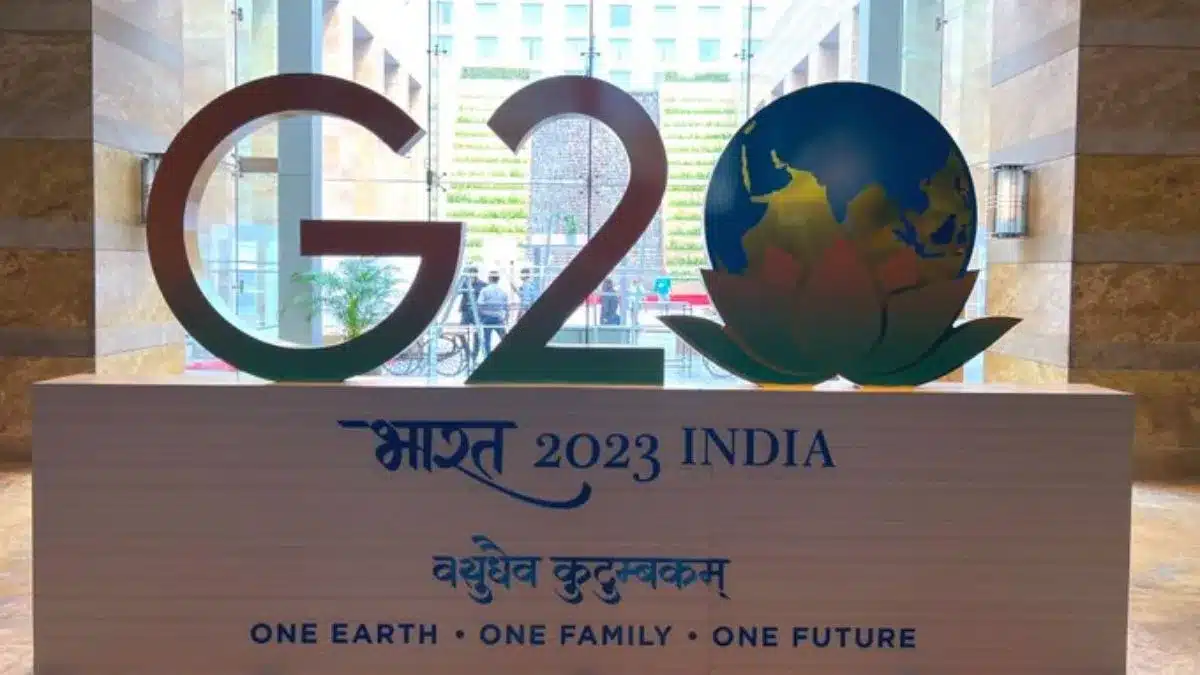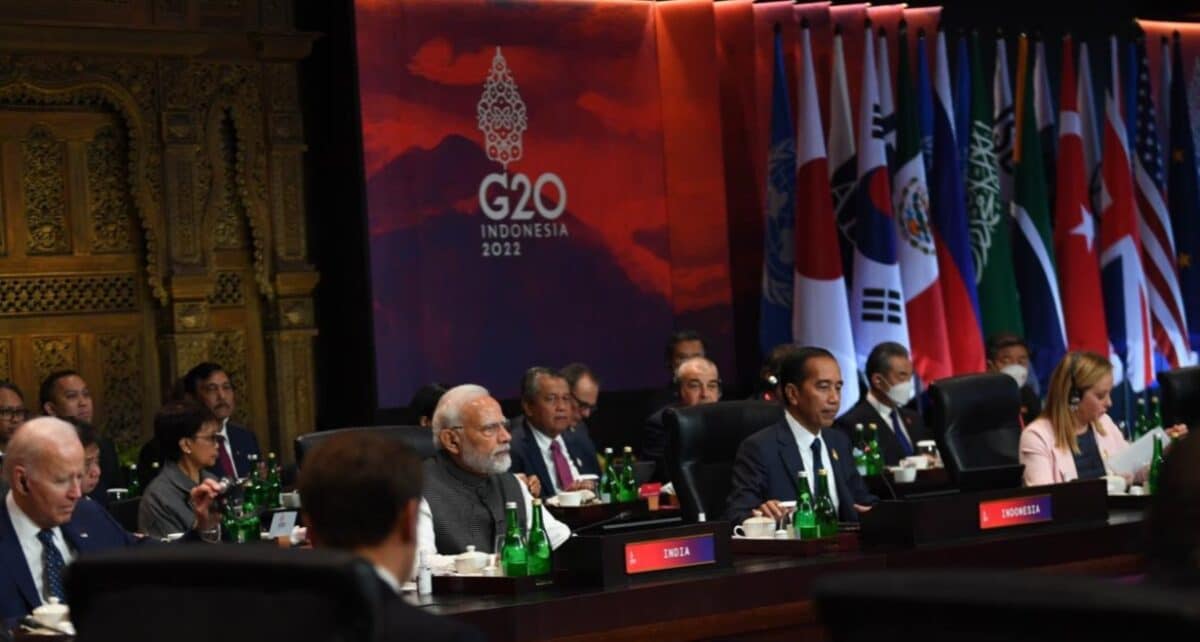As the global economy continues to evolve with the rise of multinational corporations (MNCs), countries around the world face challenges in taxing these entities fairly and efficiently. In recent years, the issue of MNCs shifting profits to low-tax jurisdictions and the growing concern over excessive profits has become a global concern. India, with its booming economy and expanding digital market, has emerged as a frontrunner in addressing these challenges. In a bid to ensure a more equitable tax system, India is likely to assert its stance at the G20 Summit, urging member nations to raise the share of taxes on MNCs where they earn ‘excess profits’.
The Dilemma of Taxing Multinational Corporations
Taxing multinational corporations has been a complex issue for governments worldwide. MNCs often operate across borders, taking advantage of disparities in tax regimes to minimize their tax liabilities. By shifting profits to low-tax jurisdictions, they often manage to pay far less tax than what might be considered fair in the countries where they conduct significant business operations.
India, as one of the world’s largest and fastest-growing economies, has experienced firsthand the challenges of taxing MNCs effectively. With a vast digital market and a growing base of tech companies, the issue of taxing digital giants has become particularly pressing for the Indian government. Many tech giants have been accused of earning substantial profits in India while avoiding taxes by routing revenue through subsidiaries based in tax havens.

India’s Proposal for Taxing Excess Profits
To address the challenges posed by MNCs’ profit-shifting practices and to ensure a fairer tax system, India is preparing to advocate for a proposal at the G20 Summit. The proposal centres on taxing MNCs’ ‘excess profits’ in countries where they conduct business. The idea is to introduce a new tax mechanism that targets multinational companies generating significantly higher profits than their industry peers or a predetermined threshold.
By taxing excess profits, India aims to create a level playing field and prevent multinational corporations from exploiting tax loopholes. The proposed mechanism would consider factors such as revenue, industry standards, and the economic environment to determine what ualifies as ‘excess profits’. This approach would not only help address tax evasion but also generate additional revenue for countries where MNCs operate and earn substantial profits.

The Global Implications and Challenges Ahead
While India’s proposal for taxing excess profits is gaining traction, it is likely to face some challenges at the G20 Summit. One of the primary concerns is the potential impact on foreign investments and the competitive advantage of multinational corporations. Critics argue that such a tax mechanism may discourage foreign direct investment and lead to a slowdown in economic growth.
However, India maintains that the proposed tax measures will not deter foreign investments but rather promote a fairer business environment. The country believes that by creating transparency and fairness in taxation, foreign investors will be encouraged to invest in India with confidence, knowing that their competitors will be held to the same tax standards.
Another challenge lies in reaching a consensus among G20 member nations, each with unique economic interests and priorities. India will need to engage in diplomatic negotiations to garner support for its proposal and find common ground to ensure its successful implementation.
India’s push to raise the share of taxes on multinational corporations earning ‘excess profits’ at the G20 Summit reflects the country’s commitment to address tax evasion and promote fairness in the global economy. By targeting MNCs with significantly higher profits than industry peers, India seeks to close tax loopholes and create a level playing field for businesses. While challenges remain in reaching a consensus among G20 nations, India’s proposal marks a significant step towards reforming the international tax landscape and fostering a more equitable economic environment for all. As the G20 Summit approaches, the world awaits to see how this critical issue will unfold and impact the future of multinational taxation.













